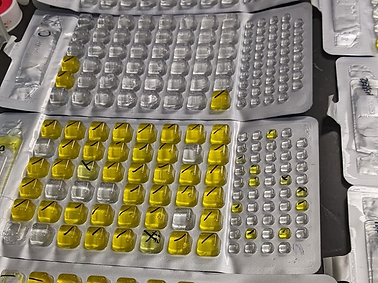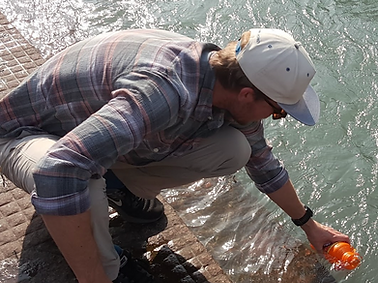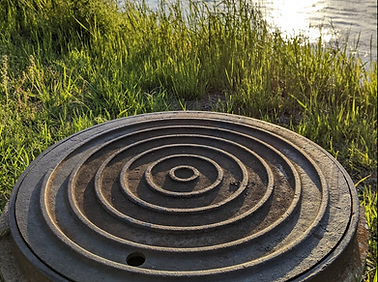
Projects

01
Microbial Source Tracking and UV-LEDs to Improve Water Quality in LA Rivers
In this EPA-funded project, the Qu[E|M] Lab is developing and applying microbial source tracking assays to determine the sources of fecal contamination in the Yellow Water and Natalbany Rivers in Tangipahoa Parish. In collaboration with the Snow Lab, we are also pilot testing the application of UV-LEDs to disinfect sources of wastewater contamination. Collaborators on the project include the Pontchartrain Conservancy and The Department of Environmental Quality.
02
Screening for Antibiotic Resistance in Waters Receiving Effluent from On-site Treatment Units

The proliferation of bacteria that are resistant to a wide range of antibiotics is a global threat to public health. Because resistance can be developed in the aquatic environment, monitoring antibiotic resistance among bacteria in surface waters receiving human sewage is critical. This project, funded by the Louisiana Water Resources Research Institute, makes use of novel and resource-efficient methods to screen for antibiotic resistance among E. coli bacteria in surface waters in Louisiana.

03
Antibiotic Resistance among E. coli in the Sabarmati River, India
Antibiotic resistance proliferation among bacteria living in the environment represents a serious threat to global public health, especially in settings where human feces is not managed safely. Extended Spectrum Beta Lactamase (ESBL) positive E. coli have been proposed as the standard for assessing antibiotic resistance in the environmental by the World Health Organization. This project in collaboration with the National Forensic Sciences University in Gandhinagar, India is examining the prevalence and abundance of ESBL+ E. coli in the Sabarmati River using gold standard and novel screening methods. Scientists at NFSU are simultaneously measuring the prevalence and abundance of pharmaceuticals and personal care products in the same river segment.
04
Wastewater Surveillance of Infectious Agents
Measuring genetic material from SARS-CoV-2 in wastewater has proven to be a reliable method of tracking COVID-19 in communities. With a designation as a Wastewater-based Epidemiology Center of Excellence from CERES Nanoscience, we are not engaged in further development of wastewater surveillance techniques for surveillance of other diseases including season colds and flu.
